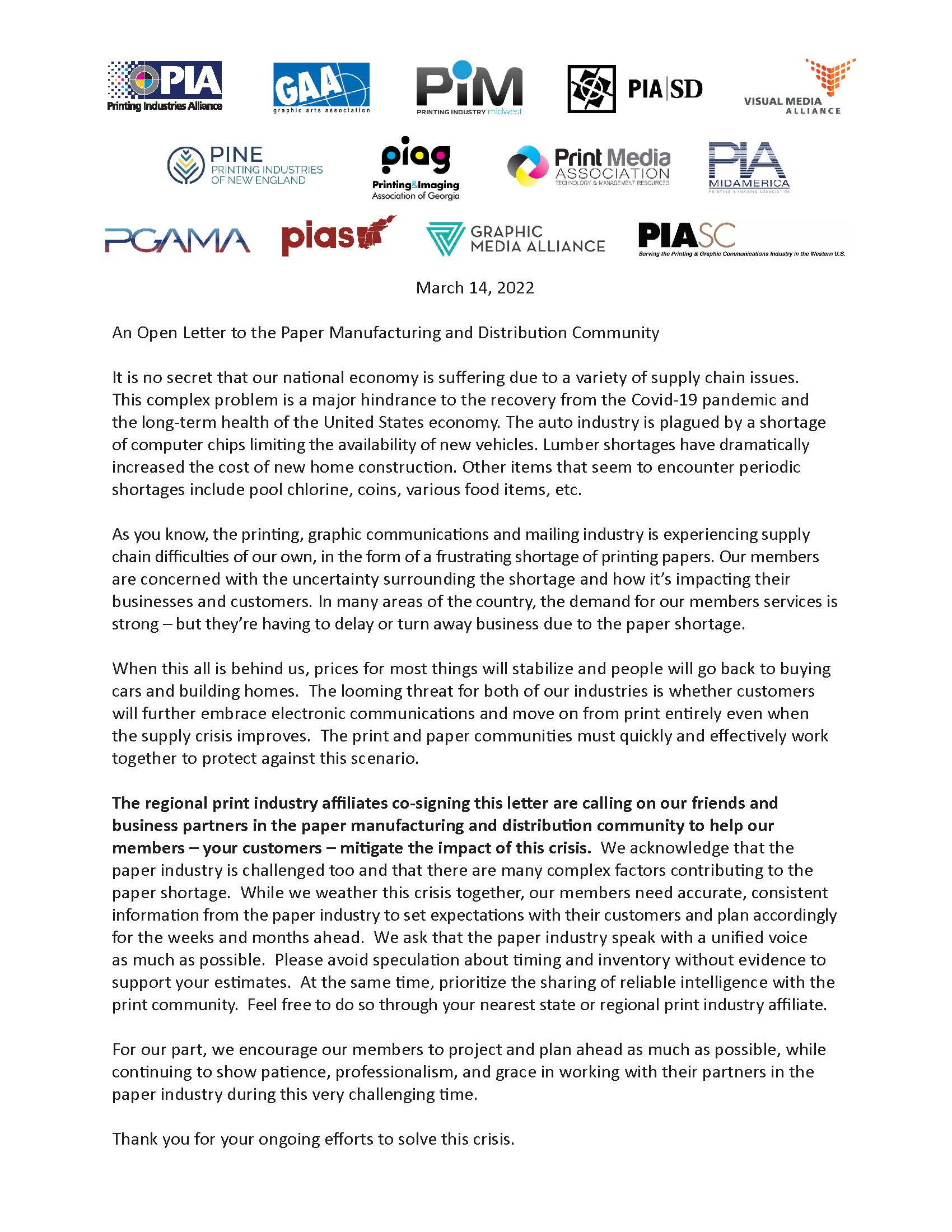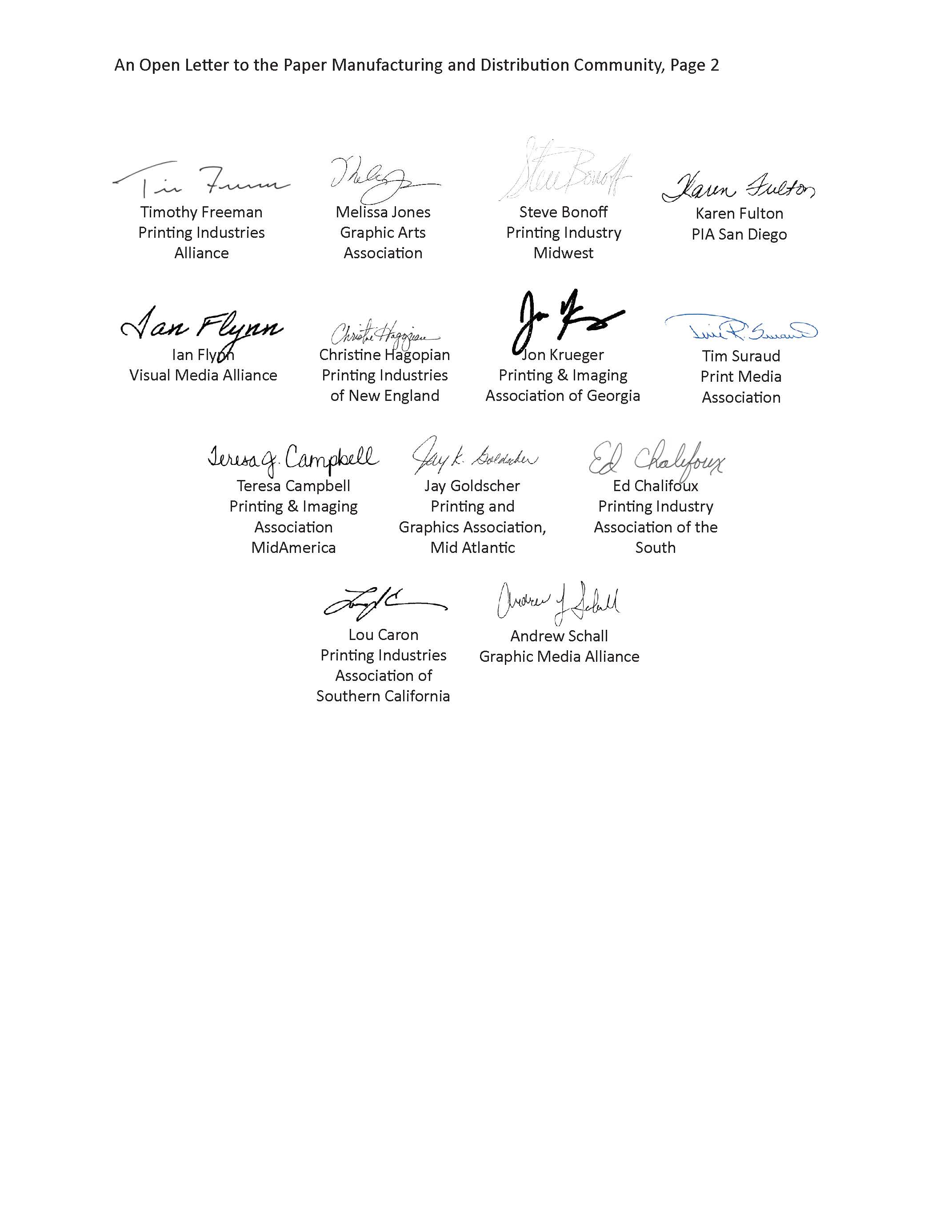USPS Announces Peak Season Prices for Competitive Products
As expected, the Postal Service will be increasing prices for some competitive products over the coming holiday season. Following the approval by the Governors of the USPS at their meeting on August 9, the prices were announced by the agency on August 10. The temporary price increase will take effect at 12am CT on October 2 and expire at 12am CT on January 22, 2023.
Given that the USPS will be implementing higher rates for market-dominant products on January 22, it’s likely that, if higher rates for competitive products are announced later this year, those would take effect that day as well.
As stated in the Governors’ decision submitted to the Postal Regulatory Commission on August 10:
“A. Priority Mail Express. Overall, the Priority Mail Express price change represents a 2.7% increase. The existing structure of zoned Retail, Commercial Base, and Commercial Plus price cate-gories is maintained, with Commercial Base and Commercial Plus prices continuing to be set equal to each other. Retail prices will increase 2.8% on average. The Commercial Base and Commercial Plus price categories will increase 2.1% on average.
“B. Priority Mail. On average, the Priority Mai! prices will be in-creased by 6.3%. The existing structure of Priority Mail Retail, Commercial Base, and Commercial Plus price categories is main-tained. Retail prices will increase 6.3% on average. The Commer-cial Base and Commercial Plus price categories will increase 6.1% on average.
“C. Parcel Select. On average, prices for destination-entered non-Lightweight Parcel Select, the Postal Service’s bulk ground ship-ping product, will increase 10.2%. The prices for destination de-livery unit (DOU) entered parcels will increase 5.9%. For destina-tion sectional center facility (DSCF) destination entered parcels, the average price increase is 12.8%. For destination network dis-tribution center (DNDC) parcels, the average price increase is 12.8%. Parcel Select Ground will see a 4.2% price increase, while prices for Parcel Select Lightweight will not change.
“D. First-Class Package Service. First-Class Package Service (FCPS) prices will increase 8.3% overall, which reflects a 8.4% for FCPS-Commercial, and a 8.2% for FCPS-Retail prices.
“E. USPS Retail Ground. USPS Retail Ground prices will increase 5.8%, and the Limited Overland Routes category will increase 10.2%.
The full USPS filing, including complete rate charts for the temporary prices, can be found on the PRC website at https://www.prc.gov/dockets/document/122448.


